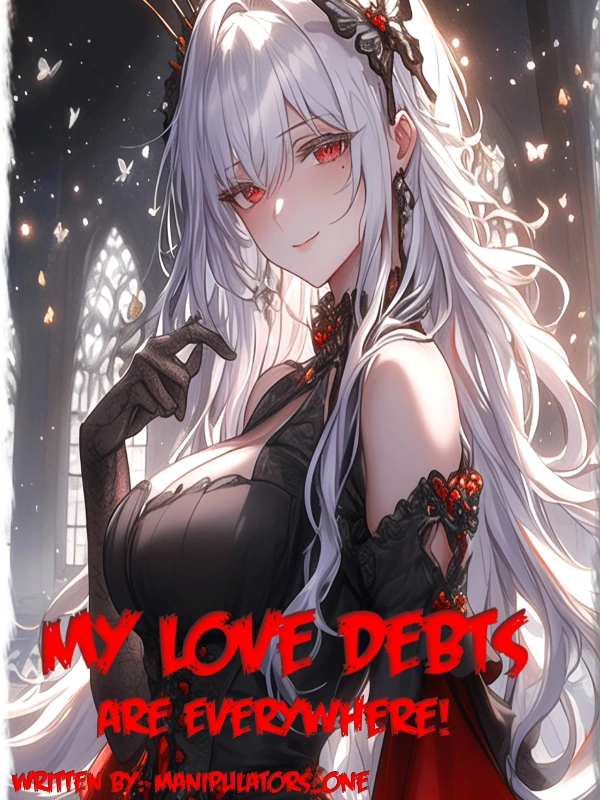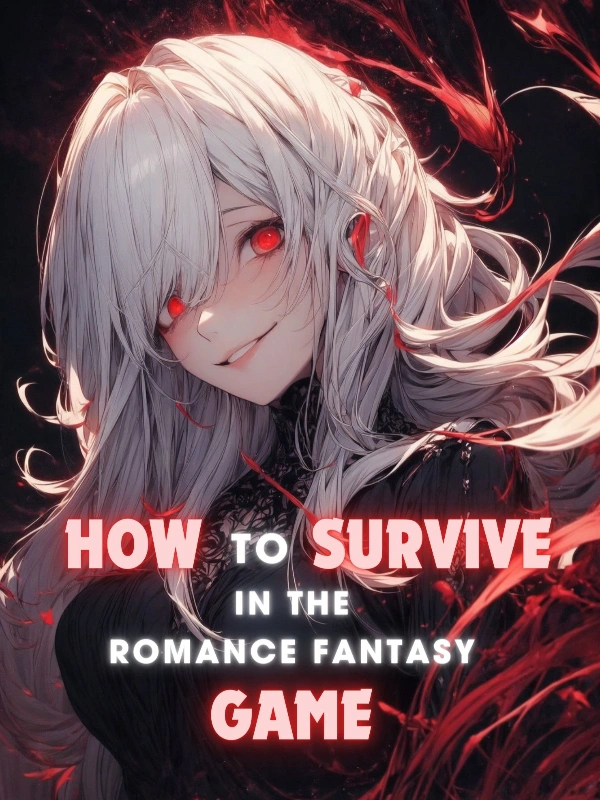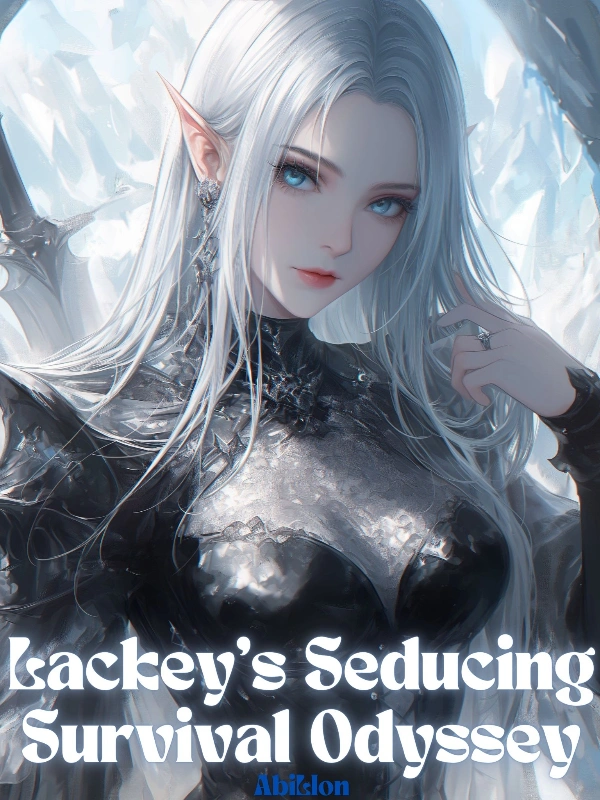Chapter 47: Harbingers of the Storm (5)
Translated by Vine | Proofread by Lust
For the latest updates, visit: ProNovels.com
Join our Discord for release updates: https://discord.gg/Eh2ayfR4FB
< German Civil War – Harbingers of the Storm (5) >
September 15, 1939
Northern Germany, Berlin
“G-Give it to me. Give it to me.”
Hitler trembled, his hand outstretched, demanding medication. His physician, Theodor Morell, handed him a combination of painkillers and Pervitin.
Pervitin was the German brand name for methamphetamine, later known as Philopon or crystal meth. Its side effects were unknown at the time, and it was widely abused.
Even after swallowing the pills, Hitler continued to writhe in agony.
He hadn’t regained consciousness for ten days after the attack on the Reich Chancellery, and even now, awake, he was consumed by pain and constantly craved medication.
“Are you certain he’s alright, Doctor? The Führer shows no signs of improvement!”
Goebbels glared at Morell but remained silent.
The Nazi high command considered Karl Brandt a more reliable physician than Morell, but he had been dismissed by Hitler after objecting to Morell’s prescriptions, arguing that while effective in the short term, they would ruin the patient’s health in the long run.
“Are we… losing?”
Hitler, having finally calmed down, asked in disbelief. Hermann Göring reluctantly nodded.
“They have taken control of western, southern, and central Germany, mein Führer. With the Ruhr occupied and the stalemate continuing, our troops are facing supply shortages.”
In the original timeline, the German army had faced a critical ammunition shortage during the invasion of Poland, which lasted only a month.
In this civil war, however, the Ruhr, the heart of German industry, had been lost from the start. While a large portion of the Wehrmacht remained in Nazi-controlled territory, supplying them adequately was proving difficult, making it hard to give them orders.
“Moreover, the Poles are still maintaining their full mobilization, constructing defenses and deploying divisions along the border.”
The civil war had given Poland ample time to prepare against Nazi Germany.
The Polish army was still being mobilized and was steadily deploying along the German border, a full-scale deployment that had been impossible in the original timeline due to time and manpower constraints.
This was also why the Army High Command couldn’t reprimand Colonel General Fedor von Bock’s Army Group North for openly defying orders and remaining on the Eastern Front.
If Army Group North were also moved to the internal front, the Polish border would be left completely undefended.
“Those damned Wehrmacht bastards, they’re traitors! They’re all traitors!”
Having narrowly escaped death, suffering from his injuries, and seeing his grand dream of reclaiming Danzig slip away, Hitler was gripped by intense paranoia.
With the exception of Erwin Rommel, who had risked his life to save him, and Reichenau, who had been the first to arrive, Hitler suspected everyone in the Wehrmacht.
Indeed, most of the Wehrmacht was observing the situation without taking sides. They were still hesitant because the Nazi forces were numerically superior, and they lacked certainty.
This was also why the Nazis, despite having defeated Panzer General Lutz’s forces and possessing superior numbers, were hesitant to launch a counteroffensive with the SS troops defending Berlin or to rescue Paul Hausser at the training facility.
If the few remaining loyal Nazi troops were lost in an offensive, the rest of the Wehrmacht might turn against them at any moment.
“Even the people… are on their side, not ours…?”
Goebbels nodded grimly at Hitler’s words.
While a pioneer of propaganda and possessor of a devilish talent, Goebbels had never experienced this type of propaganda war.
Enjoying the translation? Stay updated with the latest chapters at ProNovels.com.
Even democratic nations of this era viewed public opinion as something to be controlled, not as a tool for propaganda.
No matter how skilled Goebbels was, he couldn’t suppress the revelations made by a large number of ordinary people, especially when they were factual and accompanied by shocking photographs.
The Nazi Party, which had risen to power by fueling public resentment and hatred through lies and propaganda, had never imagined or prepared for a situation where they themselves became the target of that resentment.
Moreover, their spokesperson, Dietrich Schacht, was targeting Goebbels’s propaganda techniques with precise counterarguments and revelations, as if he understood him perfectly.
Dietrich Schacht knew a lot about the infamously brilliant propagandist Paul Joseph Goebbels, a figure well-known in the modern era, but to Goebbels, Dietrich Schacht was a complete unknown.
This asymmetry was creating a sense of defeat even in the greatest and most wicked genius of the era.
Hitler was speechless, looking at Goebbels’s face, filled with remorse.
Having the Führer, once overwhelmingly supported by the people, appear on the broadcast was their only hope, but also their greatest fear.
What if, after painstakingly recovering, the Führer, weakened by medication and pain, appeared on the broadcast only to be rejected by the public? What would become of them?
The driving force behind the Nazi Party was the fanatical support based on public resentment and patriotism. Could they possibly overcome this situation, where they were being portrayed as the very source of that resentment?
Having narrowly escaped death after being shot, Hitler felt Germany, which he had spent his life seizing control of, slipping from his grasp. He felt as though he were trapped in a nightmare.
“A-Ask Mussolini for help.”
In the end, Hitler turned to Italy, led by Il Duce Benito Mussolini, the pioneer of fascism he admired.
–
September 16, 1939
Central Italy, Lazio, Rome, the Capital of Italy
“Our mustachioed friend seems rather desperate.”
Benito Mussolini, a large man with strong features, spoke with a smile.
Unlike Japan, which was merely an ally through the Anti-Comintern Pact, Italy was a full-fledged ally of Germany, bound by the Pact of Steel signed on May 22, 1939.
However, Mussolini, Il Duce (the leader) of Italy, was quite pleased with Hitler’s misfortune.
He harbored a secret jealousy towards Hitler, who had transformed Germany into a major European power while Italy was still struggling with the aftermath of the Ethiopian War.
He was the original fascist, after all, and Hitler was merely a latecomer.
“That’s what happens when you mismanage internal affairs and pursue reckless expansion.”
Foreign Minister Count Ciano and Chief of Staff Badoglio exchanged glances and sighed, unsure how to react to Mussolini’s delight at his ally’s misfortune. Finally, Ciano, who was in a slightly better position, spoke up.
“What do you intend to do, Duce?”
Mussolini’s answer to his son-in-law and Foreign Minister was concise.
“Of course we must help him. He is our ally. As for compensation, hmm… Austria should suffice.”
“Excuse me? Will they, so obsessed with German nationalism, readily accept that?”
Mussolini burst out laughing at Ciano’s question.
“What? Hahaha! Is there such a thing as a separate nation or race? Could there ever be? There isn’t. What matters is the state and the people living within its territory.”
Mussolini grinned after his proclamation.
“If they don’t like it, tell them to go hang themselves. They have no allies left after causing such a ruckus across Europe.”
While hardly appropriate words for an ally, Mussolini had always considered Austria, with its strong fascist presence, as within his sphere of influence.
That was why he had declared his intention to prevent Hitler’s attempted annexation of Austria in 1934, even if it meant war.
Enjoying the translation? Stay updated with the latest chapters at ProNovels.com.
Although he had been forced to ally with Hitler after being diplomatically isolated and expelled from the League of Nations following the invasion of Ethiopia, there was no need for loyalty now that the alliance was crippled.
“But Duce, they are currently engaged in a civil war. If we intervene now, we might give Britain or France an excuse to get involved.”
Count Ciano’s point was valid, but Mussolini frowned.
“Those damned Britain and France! Always interfering with Italy’s affairs, those filthy schemers!”
The contempt Italy and Mussolini held for Britain and France was deep-rooted.
Italy had shed considerable blood in the last World War, albeit belatedly, but had received only a small portion of the promised rewards as a victor: South Tyrol and the Istrian peninsula.
This reflected Italy’s limited contribution to the war, having joined late and fought effectively only against Austria-Hungary, while suffering repeated defeats against the German army. Nevertheless, Italians believed that Britain and France had robbed them of the rewards they deserved for their sacrifices.
“If only those foolish French had joined forces with us, things would have been much easier!”
Mussolini hadn’t been idle during the German civil war.
The German New Government, openly advocating for the eradication of fascism, had alarmed him, and he had reached out to France.
He had proposed that while Germany was in disarray, Italy and France should join forces and attack, with Italy taking Austria and France taking the west bank of the Rhine.
However, France had rejected the offer. The two countries already had a strained relationship due to conflicts over Mediterranean islands, but Mussolini’s recent actions were a major factor.
Allying with Mussolini, who was diplomatically isolated after invading Ethiopia and withdrawing from the League of Nations, and who had openly sided with Hitler in the Munich Agreement and then annexed Albania by force…
For France, this was a move that risked antagonizing Britain.
Joining forces with fascists to attack Germany, which was fighting a civil war against fascism, was also highly unfavorable for France, especially after the recent uproar over the atrocities committed by fascists in the Spanish Civil War.
“With all due respect, Duce, our military has not yet recovered from the losses incurred during the Ethiopian invasion and the Spanish Civil War.”
Marshal Pietro Badoglio, Chief of the Italian General Staff, finally spoke up.
“I dare say that in the current state of our military, it would be difficult to guarantee victory in any war in Europe…”
“What nonsense are you talking about, Marshal! Could Spain have won the civil war without the mighty Italian army!”
The old marshal fell silent at Mussolini’s roar.
After his predecessor, Emilio De Bono, was dismissed for his slow progress in the Ethiopian invasion, Mussolini had also assumed the position of Minister of War, bringing the military under his influence.
“But Duce, I agree that Italy is not yet ready to wage war.”
Mussolini seemed to consider his son-in-law’s words for a moment, but his mind was already made up.
“But we cannot simply ignore the New Government in Germany. They are advocating for the eradication of fascism, are they not? We have the justification of aiding our ally, and this is a golden opportunity to shift the leadership of fascism from Germany back to Italy!”
Relations between Germany and Italy hadn’t been particularly good until recently. Even in the original timeline, the Axis powers didn’t share a blood-brotherhood-like trust.
Mussolini had been forced to watch Germany’s expansion without being able to do anything about it.
He didn’t want to miss this opportunity to reverse his position, where he had to be content with Hitler’s guarantee to renounce any claims on South Tyrol (originally a southern territory of Austria).
Why shouldn’t all of Austria, not just South Tyrol, become Italian territory? Unlike Hitler, he wasn’t interested in nationalism or racism.
The Austrian fascists would surely be happier under the glory of the great Roman Empire that Italy was rebuilding.
Enjoying the translation? Stay updated with the latest chapters at ProNovels.com.
While he was concerned about the possibility of British and French intervention, the pie was simply too tempting to resist.
However, as Mussolini was indulging in these pleasant thoughts, unexpected news arrived.
“Urgent report!”
Mussolini, puzzled, accepted the telegram from the rushing adjutant. After reading it, he crumpled it up.
“Damn it! That anachronistic authoritarian is interfering!”
–
September 17, 1939
Central Germany, Wehrkreis IX (Kassel), Frankfurt
“Extra! Extra!”
Freshly printed newspapers were flying through the streets of Frankfurt.
[The Pope Supports the New Government! Adolf Hitler is an Enemy of Catholicism!]
[God’s Justice is with the New Government!]
Foreign Minister Ernst von Weizsäcker had been working tirelessly for two weeks since the start of the civil war to achieve this, and he had finally, narrowly, succeeded.
The Black Orchestra, true to their old-fashioned values, placed considerable importance on religious authority, and they had been consistently contacting the Pope, both in this timeline and the original one.
However, Pope Pius XII had been hesitant to openly support either side, playing it safe between Diego von Bergen, the Nazi government’s ambassador to the Vatican, and our own Weizsäcker.
He was known for his strong attachment to authority, earning him the moniker of the last authoritarian Pope, and he didn’t want to risk damaging the papacy’s image by prematurely supporting the losing side.
However, I knew something that people of this era didn’t.
Following my advice about a certain nun whom the Pope deeply trusted and favored, the Foreign Ministry decided to give it a shot, and it had worked splendidly.
Instead of directly asking for the Pope’s support, we reached out to Pascalina Lehnert, who was currently just a secretary nun.
She was implicitly trusted by Pius XII and shared his authoritarian tendencies. Later, she would become known as the “Papal Nun” for effectively running Vatican affairs on behalf of Pius XII, wielding immense power despite her status as a mere nun.
We emphasized the plight of the Bavarian churches, where she and Pius XII (during his time as a bishop) were from, highlighting how they were being suppressed by the Nazis and transformed into an Aryan religion according to their whims.
Our argument that the New Government would liberate the Church from Nazi persecution and that papal support would enhance the Church’s authority resonated effectively.
The fact that we already had international and public support due to our exposure of the Nazis’ atrocities likely played a significant role. Pius XII, presented with sufficient justification and persuaded by the nun he trusted and cherished, issued an official statement of support for our cause.
The Nazis were caught off guard and tried to downplay the situation, but their unease was evident.
The first entity to officially support the New Government since the outbreak of the civil war was the Vatican, and the influence of the Church in this era was undeniable.
In particular, Bavaria, their stronghold, and Austria, which we had left untouched due to the strong Nazi presence and where Catholicism was deeply ingrained, had high Catholic populations.
Furthermore, Italy, the Nazi regime’s fascist ally and home to the Vatican, was a prominent Catholic nation.
By securing the Pope’s support, we destabilized the Nazi’s foundation and significantly weakened Italy’s justification for any potential aggression against us.
Now that we had the Pope’s backing, we could actively promote the Protestant leaders of the Confessing Church, further influencing the Protestant population of Northern Germany.
With apologies to the Pope, it was unlikely he would retract his support just because Protestants joined our cause, as that would only damage his own authority.
The Abwehr agents had finally confirmed Hitler’s survival.
However, the Nazis were already effectively crippled.
“Now, let’s see what kind of grand finale Hitler can manage.”
Two years and seven months after Dietrich Schacht’s death, the collapse of the Nazi regime was imminent.
< German Civil War - Harbingers of the Storm (5) > End
ⓒ Carcassonne
=======================================
For the latest updates, visit ProNovels.com. Join our Discord for release updates: https://discord.gg/Eh2ayfR4FB.




















